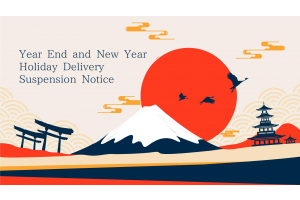How to choose Japanese cold medicine? Description of ingredients and how to take it
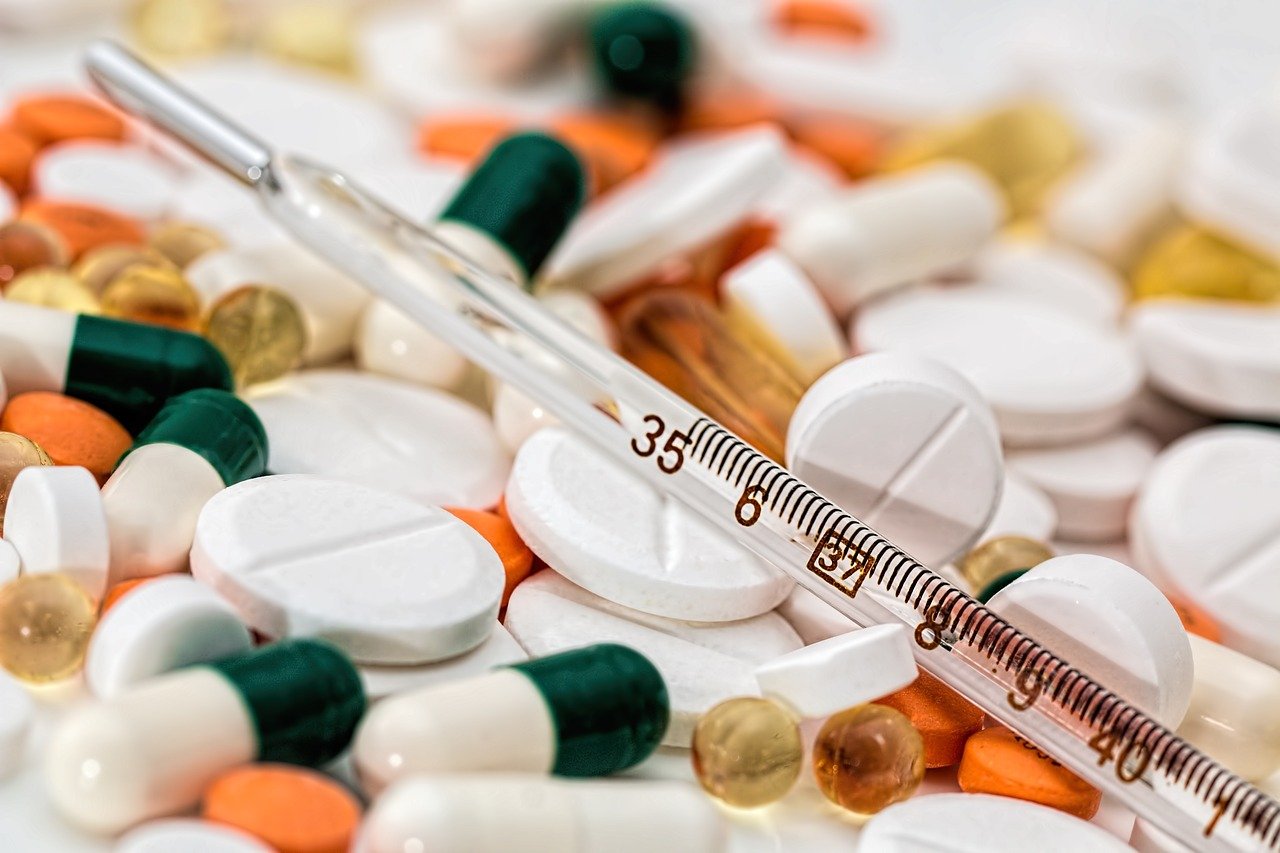
In Japan, various pharmaceutical companies sell various cold medicines. Many people may feel that there are so many types and don't know which one to choose. This time, we will explain in detail what a cold is first for such people, as well as the active ingredients contained in cold medicine, how to choose and how to take them.
What is the first disease of a cold?
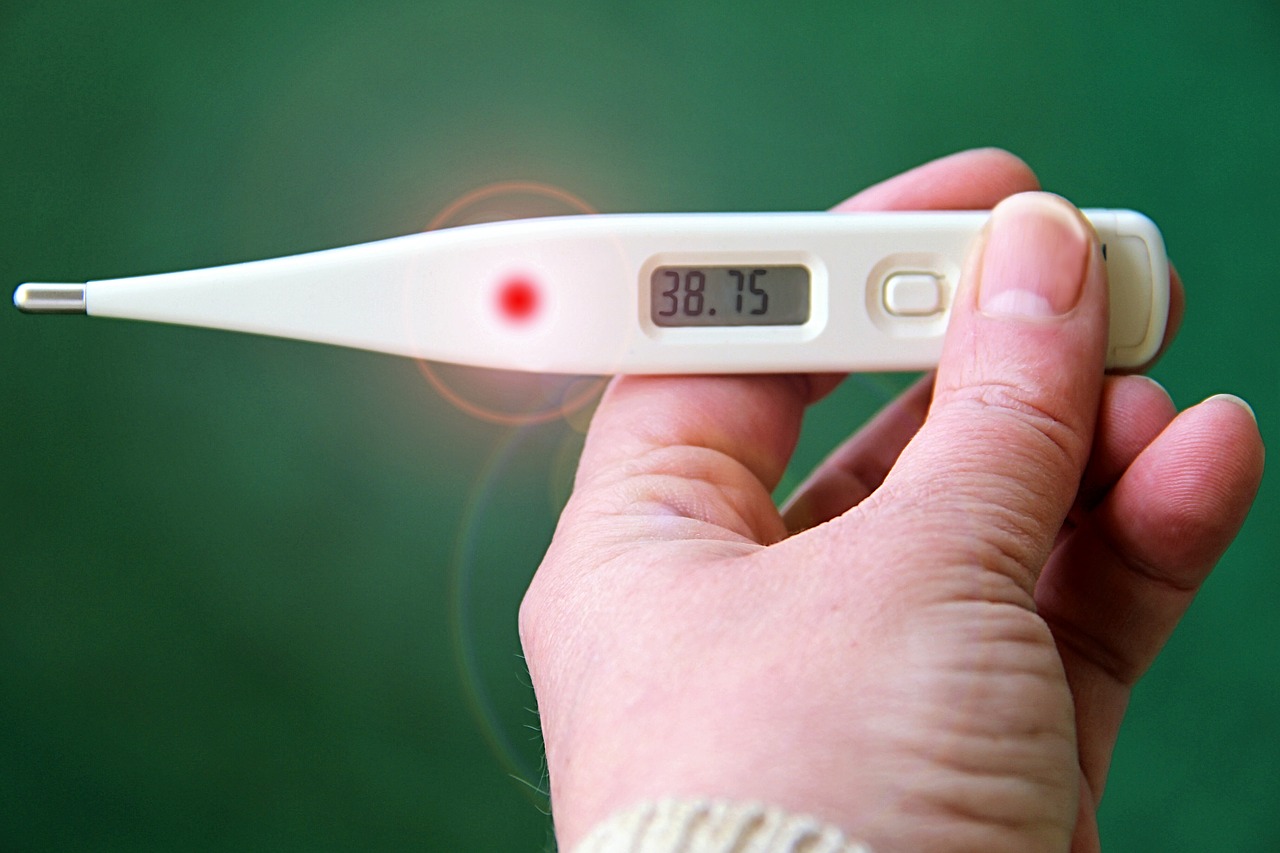
The common cold is an illness officially known as "cold syndrome," which refers to acute inflammation of the nose, throat, and windpipe. Viral infection is the main reason, and it is said that non-viral (mycoplasma, bacteria, etc.) infections only account for about 10% of the total. When the virus invades through the mucous membranes of the nose and throat, it can cause various symptoms such as runny nose, nasal congestion, cough and expectoration, sore throat, and fever.
It is said that there are more than 200 kinds of viruses that cause cold symptoms, and they change year by year. So even if you acquire immunity to a particular virus, you can get another new virus and get colds again and again.
What ingredients are in cold medicine?

Cold medicines sold in Japan do not kill the virus. It contains ingredients that may relieve symptoms caused by the virus and support the body's natural healing.
So, what exactly does it contain? I will explain in detail.
"Antipyretic and analgesic ingredients", which can calm fever and relieve pain
Antipyretic and analgesic ingredients are ingredients that reduce high fever and relieve pain in the head, throat, muscles, joints, etc. Cold medicine mainly contains the following ingredients.
- Aspirin
- Acetamide
- Acetaminophen
- Ibuprofen
- Isopropyl Antipyrine
Among them, Ibuprofen has strong anti-inflammatory effect, and isopropyl antipyrine has strong antipyretic effect. Acetaminophen is also used in younger children.
"Antihistamine/anticholinergic ingredients" relieve runny nose and sneezing
Antihistamines and anticholinergic ingredients are ingredients that suppress runny nose and sneezing. Cold medicine mainly contains the following ingredients.
- Chlorpheniramine maleate
- Diphenhydramine hydrochloride
- Total alkaloids of belladonna
- Isopropylamine iodide
It is said that when you take cold medicine, it is mainly the effect of these ingredients that makes you drowsy.
"Anti-cough ingredients" that suppress cough
Antitussive ingredients are ingredients that act on the cough center and suppress cough symptoms. Cold medicine mainly contains the following ingredients.
- Dihydrocodeine
- Chlorpheniramine maleate
- Noscapine
- Tiperidine Benzoate
- Clopalastine hydrochloride
Be aware that some cough suppressants are addictive.
"Expel expectorant ingredient" that improves expectorant effect
Sputum component is a ingredient that improves the cutting of sputum produced by entanglement with viruses and foreign bodies, making it easier to expel from the body. Cold medicine mainly contains the following ingredients.
- Guaifenesin
- Bromhexine hydrochloride
- Ambroxol hydrochloride
- Carbocisteine
"Anti-inflammatory ingredients" relieve sore throats and swelling
Anti-inflammatory ingredients are ingredients that relieve swelling and sore throats that are inflamed due to viral infections. Cold medicine mainly contains the following ingredients.
- Glycyrrhizic acid
- Tranexamic acid
- Sodium azulene sulfonate hydrate
Glycyrrhizic acid exists not only in cold medicines, but also in rhinitis medicines, gastrointestinal medicines, lozenges, etc. . In addition, sodium azulene sulfonate hydrate is a frequent ingredient in mouthwashes.
"Chinese medicine ingredients" relieve the initial symptoms of cold
Chinese herbal ingredients are ingredients that relieve the initial symptoms of a cold, such as chills and headaches. Cold medicine mainly contains the following ingredients.
- Kakkonto
- Mao Dong
- Bakumondoto
- Zhengsheng Liudou
Pueraria decoction and Maoto are the initial symptoms of a cold, bakumondoto are symptoms of coughing and expectoration, and Shoseiryuto is a runny nose.
"Caffeine" for headaches
Ingredients such as caffeine anhydrous and caffeine hydrate are said to relieve headaches by stimulating the central nervous system.
Note that caffeine does not eliminate antihistamine-induced drowsiness.
Other ingredients
When you have a cold, it is easier than usual to take in vitamins that are important for maintaining and restoring your health. Therefore, some over-the-counter medicines contain ingredients such as vitamin C and vitamins B1 and B2.
How to choose cold medicine?
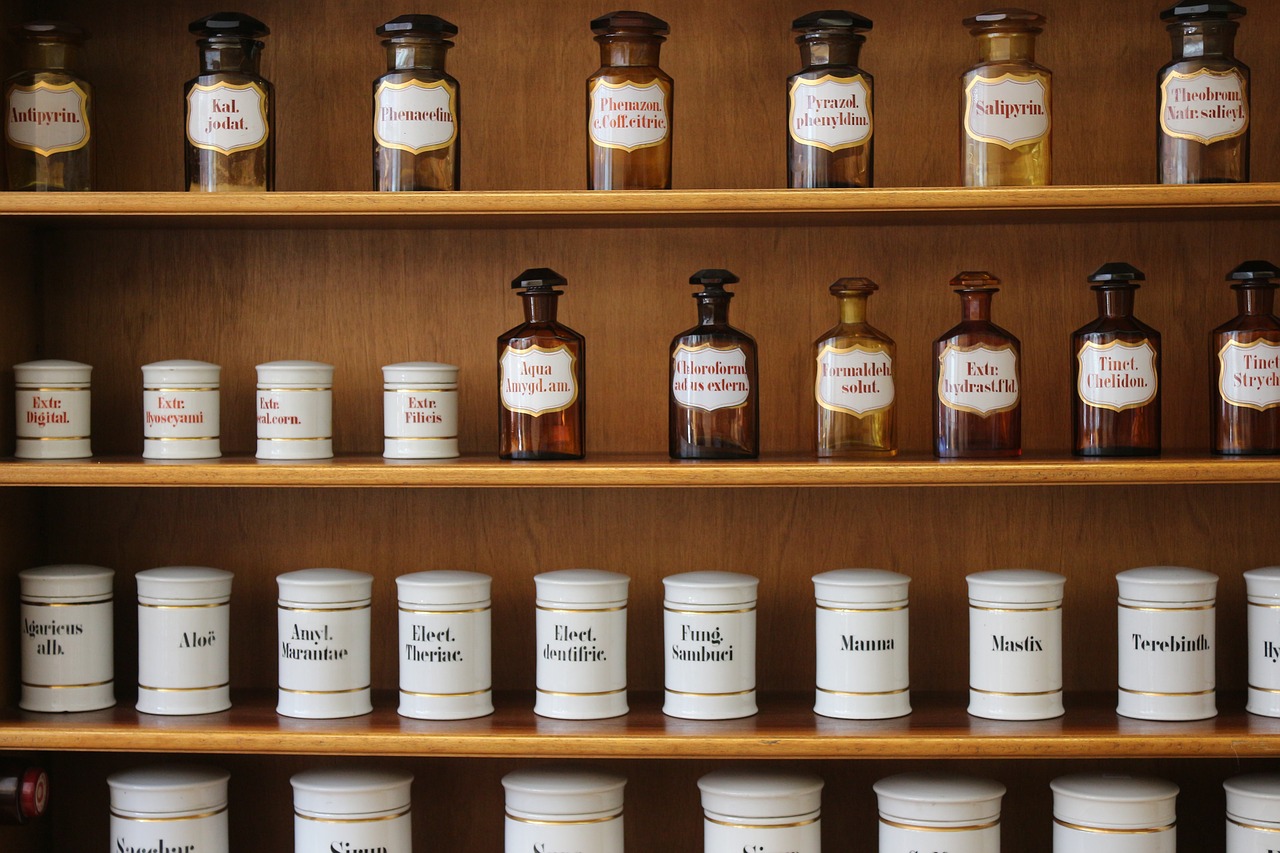
In Japan, there are cold medicines with different ingredients for sale.
So how to choose cold medicine? Let's take a closer look.
Common cold medicine is recommended if you have a variety of symptoms
If you have a combination of cold symptoms such as fever, headache, cough, runny nose, etc., we recommend that you take a well-balanced common cold medicine. It is safe to take as a regular medication as it can treat a variety of symptoms.
If you only have specific symptoms, choose from what the medicine contains
If you have obvious symptoms that you want to relieve, such as fever, sore throat, runny nose or non-stop cough, you should choose a cold medicine that contains ingredients that match your symptoms, rather than a common cold medicine. Recommended.
For example, if you want to control sneezing, runny nose and other symptoms, choose antihistamines. If you want to control sore throat, choose anti-inflammatory ingredients such as glycyrrhizic acid and tranexamic acid. ..
Traditional Chinese medicine for the early stage of cold
For the initial stage of a cold, we also recommend traditional Chinese medicine, such as Kakkonto. You can manage the first symptoms of a cold by taking it before symptoms appear, so it's best to take it as a regular medication.
Choose according to your lifestyle
For those who cannot take medicine during the day at school or work, or who skip breakfast, it is recommended to choose a medicine that can be taken twice a day instead of 3 times. It can also prevent you from forgetting to take your medicine and reduce the stress of taking medicine.
In addition, if you feel drowsy during the day, you can choose products that do not contain ingredients that cause drowsiness, such as chlorpheniramine and diphenhydramine.
Always consult your doctor if you are pregnant/nursing or have a chronic medical condition.
If you have a cold while pregnant or breastfeeding, there are medicines you can take. However, some ingredients can affect your baby, so be sure to consult your doctor before taking it.
Also, be careful if you have a chronic medical condition and take medication on a regular basis. Depending on the combination, you may not get the desired effect, or you may experience unexpected side effects, so consult your doctor in advance.
How to take cold medicine
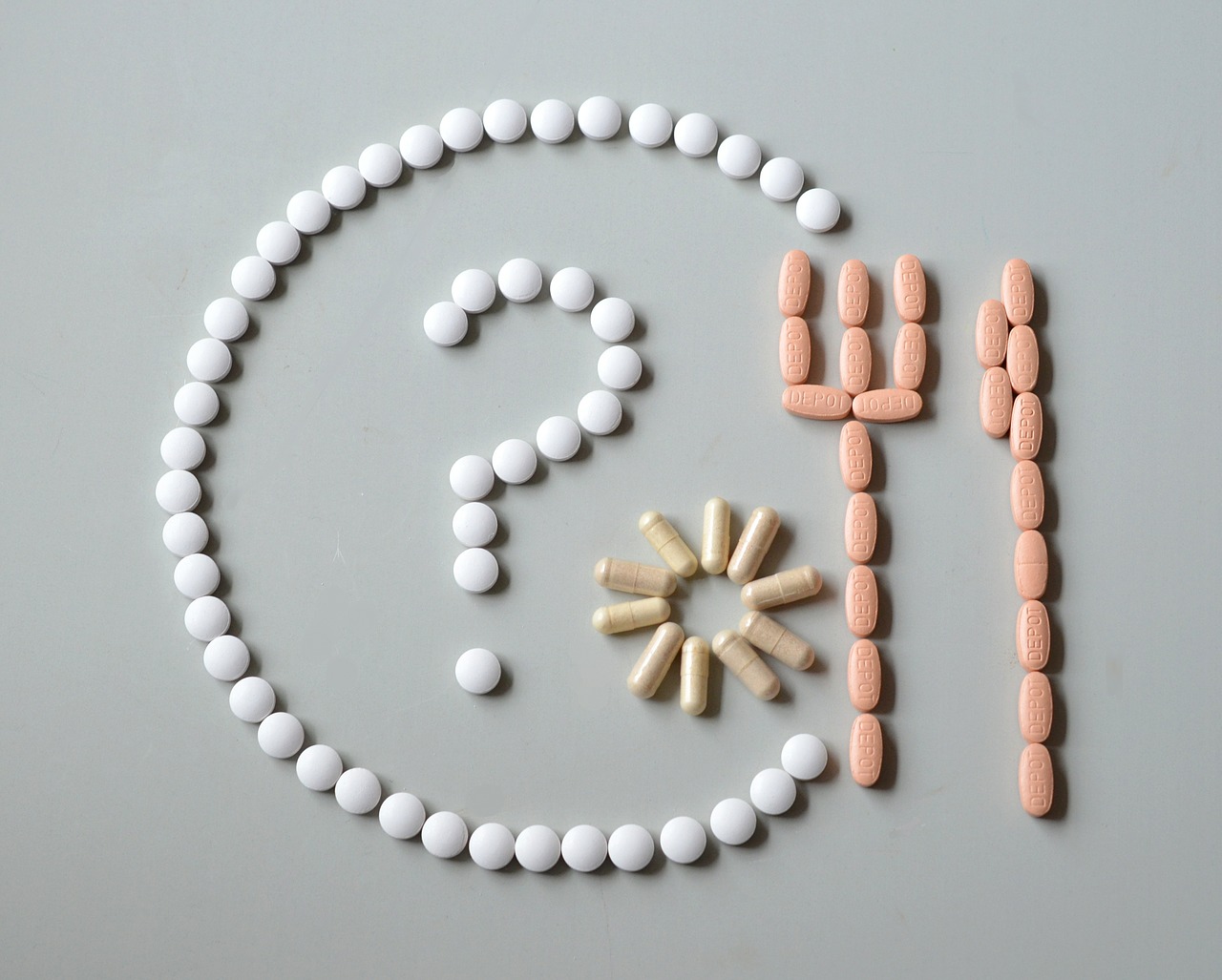
It is very important to take the medicine correctly in order to get the full effect of the medicine. From here, I will explain the points when taking medicine.
When should I take it?
There are three main modes of taking cold medicine: "before meals", "after meals" and "between meals".
- Before meals: take about 30 minutes before meals
- After meals: take within 30 minutes after meals
- Between meals: Take between meals (about 2 hours after previous meal)
The time to take the medicine is prescribed by the medicine, so you must check it carefully before taking it and take it correctly. Be especially careful when eating between meals, as it can easily be mistaken for being in the middle of a main meal.
Follow usage and dosage
Each drug has a fixed amount and frequency. To get the most out of your medicine, avoid increasing or decreasing the amount or frequency of your dose at your own discretion.
Do not take except water
As a general rule, cold medicines should be taken with a glass of water (or lukewarm). Note that if taken with beverages other than water such as alcohol, juice, and tea, the desired effect may not be achieved or side effects may occur.
There are many kinds of cold medicine in Japan! Talk to your doctor or pharmacist to choose the right medicine for you

In Japan, various cold medicines are sold depending on the type and amount of ingredients contained. If you find yourself having trouble making up your mind, talk to your doctor or pharmacist before taking this medicine. You're more likely to find a medicine that works for your symptoms, lifestyle, and health.
In addition, in order to give full play to the effect of cold medicine, please take the medicine correctly according to the dosage.

